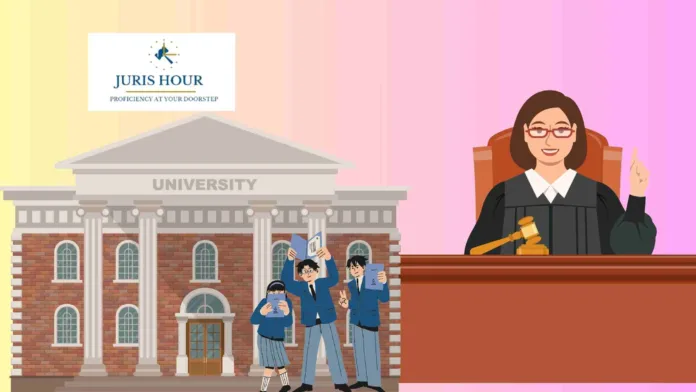In a major development for higher education and global academic mobility, a US federal judge has temporarily halted the government’s decision to revoke Harvard University’s right to enroll international students. The ruling offers temporary relief to thousands of foreign students and preserves the university’s status as a global academic hub—at least for now.
Why the Ban Was Imposed
The U.S. Department of Homeland Security (DHS) had recently moved to suspend Harvard’s authority under the Student and Exchange Visitor Program (SEVP), citing concerns about campus safety and alleging that the university tolerated rhetoric supportive of extremist views.
These accusations came in the wake of rising tensions on U.S. campuses over international and political issues. Harvard, however, pushed back strongly, arguing that the decision lacked due process and violated fundamental rights—potentially jeopardizing the academic futures of more than 6,800 international students.
Judicial Intervention and Legal Implications
Judge Allison Burroughs granted a temporary injunction, effectively pausing the enforcement of the DHS directive. This means that for now, Harvard can continue admitting and supporting international students while the court hears more arguments in the coming weeks.
Impact on Students and Universities
If the government’s decision had been implemented, it would have forced thousands of international students to transfer, defer studies, or face deportation. Moreover, Harvard would have lost the ability to sponsor new F-1 visas, a move that would affect its global reputation and academic exchange programs.
The case has triggered alarm across the international education community, particularly in countries like India and China, which send the largest numbers of students to the U.S.
Broader Consequences and Political Reactions
Universities and education leaders across the country have criticized the government’s approach, warning that such policies risk eroding the United States’ standing as a destination for top international talent. Many fear this could lead to a long-term decline in international enrollment, which not only impacts cultural diversity but also significantly contributes to the U.S. economy.
Students and advocacy groups have welcomed the injunction but remain cautious, as the final ruling is yet to be determined.
What Happens Next?
The case will return to court soon for further proceedings. If the injunction is lifted, Harvard and other institutions may face immediate operational challenges regarding international admissions.
For now, international students at Harvard can remain enrolled and continue their studies, but the future remains uncertain pending the court’s final judgment.
Read More: Cashew Trade Fraud Probe: Kerala ED Officer Accused of Bribery, Clash with State Vigilance

